AAQ Medical Science
Why should I study AAQ Medical Science?
![]()
AAQ Medical Science is a context-based course, where learning based around real life experiences is a key aspect. The qualification is equivalent to one A Level and will support your study of Chemistry, Physical Education and Sport, Health and Social Care, Business Studies, Psychology or Sociology. You could also study AAQ Medical Science with another practical subject such as Design Technology.
As with the other sciences, Medical Science helps you to build research, problem solving, organisation and analytical skills. You will also learn about a range of practical laboratory techniques, which will develop your practical skills and you will likely find yourself working on group projects, which will help you build your teamwork and communication skills too.
Studying this subject will enable you to: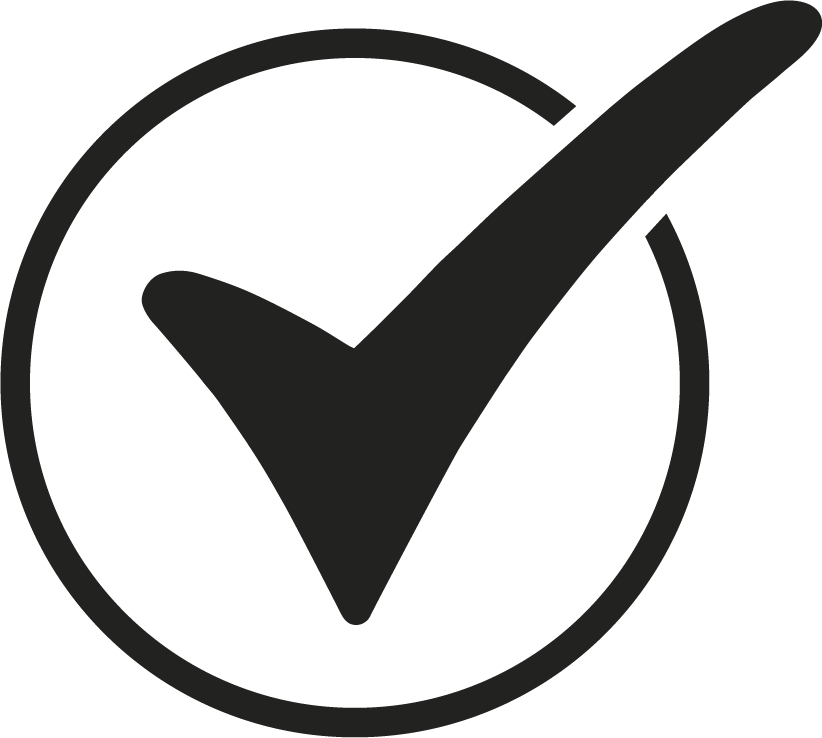
- Develop knowledge and understanding of human physiology, anatomy and pathology.
- Conduct secondary research including collection and interpretation of data from valid sources and drawing reasoned conclusions.
- Enhance practical skills in microbiology and their application in the diagnosis of disease.
- Develop critical thinking skills, alongside other transferable skills such as personal responsibility and independent learning .
- Gain knowledge and understanding of specialist areas.
Course Specification
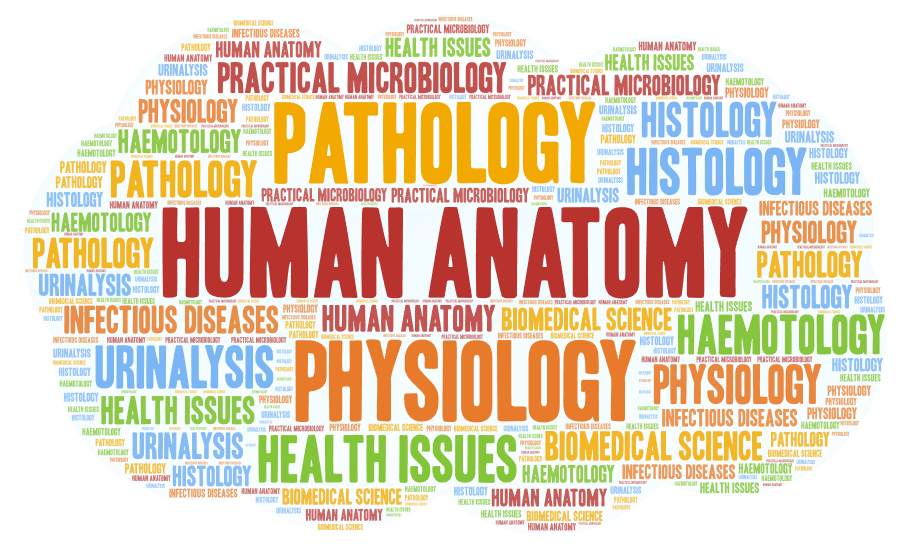
This course comprises four units, and has been developed in consultation with higher education representatives and sector experts from associated professional bodies to ensure students have the knowledge, understanding and skills to progress and thrive.
The qualification is equivalent to one A level and will support the study of Physical Education, BTEC sport, Health and Social Care, Business Studies, Psychology or Sociology. AAQ Medical Science can also be studied alongside another practical subject, such as Design Technology.
Unit 1: Principles of human physiology, anatomy and pathology
Students will explore the biological principles that underpin medical science.
Unit 2: Health issues and scientific reporting
Students will further develop their understanding of medical science through learning about contemporary health issues, alongside developing knowledge about scientific analysis, evaluation and reporting.
Unit 3: Practical microbiology and infectious diseases
Students will investigate the effect of antimicrobial agents on the growth of microorganisms, by selecting and applying knowledge of microorganisms and infectious diseases.
They will draw on their wider scientific understanding and skills to plan and carry out a range of practical techniques.
In this unit, students will:
- Understand the classification and nature of microorganisms
- Examine the transmission and treatments of infectious diseases
- Explore the application of techniques to culture and identify microorganisms
- Investigate the effects of antimicrobial agents on the growth of microorganisms.
Unit 5: Biomedical Science
This unit will help students understand the role biomedical scientists play in identifying the causes of disease and in helping medical personnel to offer suitable treatments.
In this unit, students will:
- Understand the principles of haematology and its use in medical diagnosis
- Examine the use of health screening, histology and cytology in medicine
- Examine the use of urinalysis as an analytical and diagnostic tool.
Examining Board Information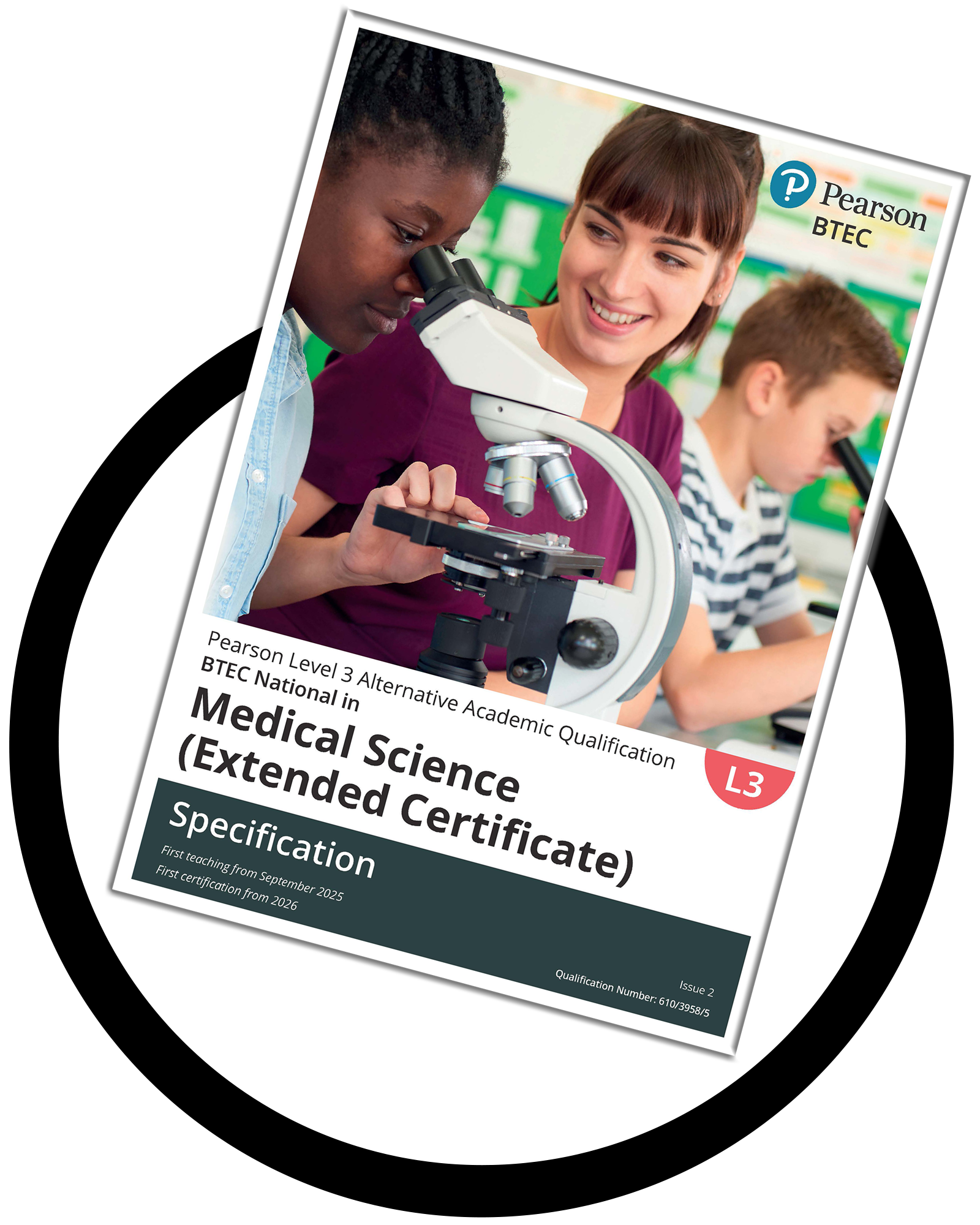
Board: Pearson Edexcel
Course Code: 610/3958/5
Click the image on the right to download the full course specification.
Widening Horizons
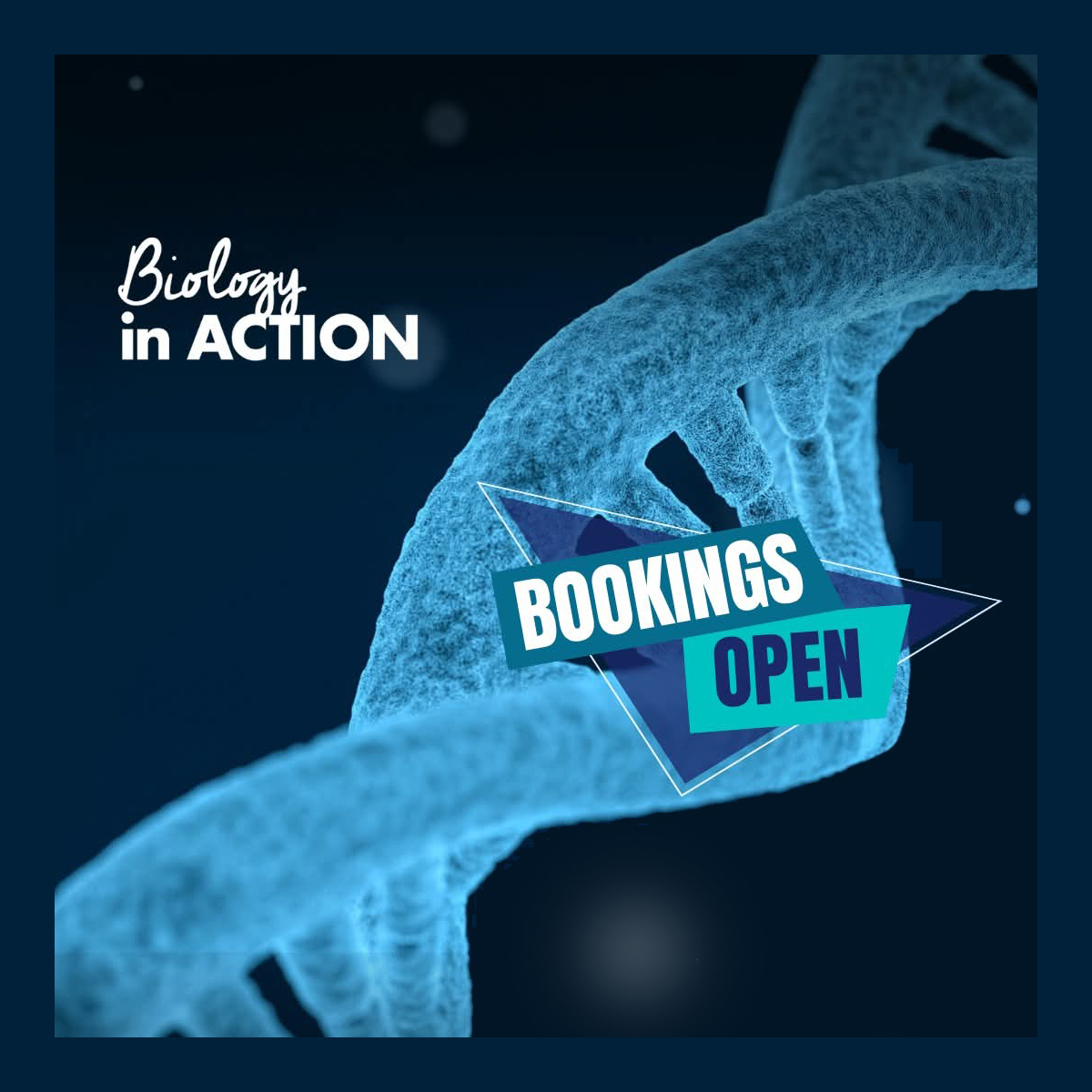
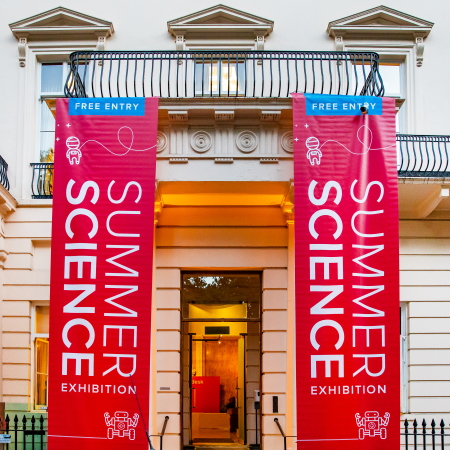
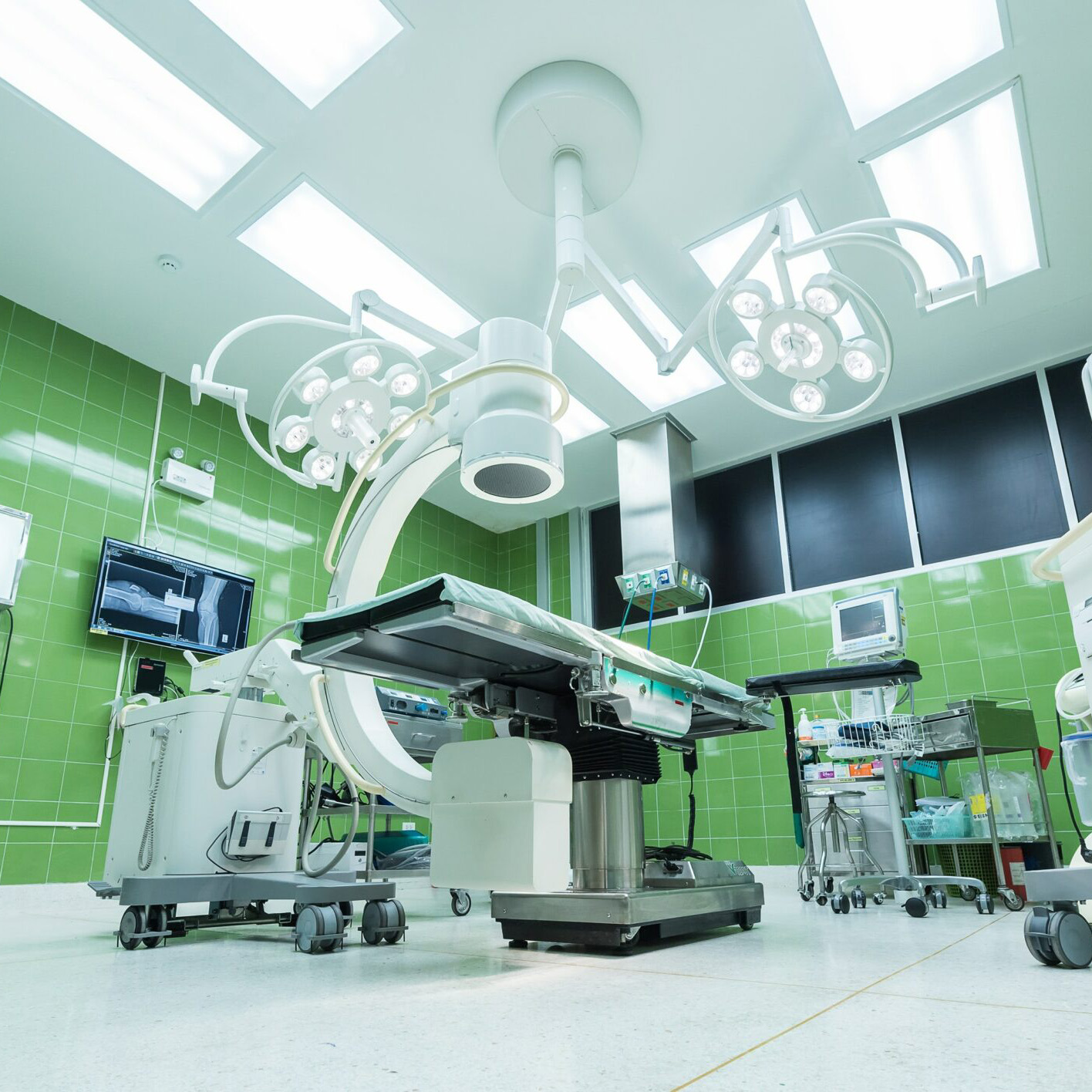

When studying AAQ Medical Science, you will have the opportunity to participate in trips and visits to bring the subject to life and widen your horizons.
Biology in Action Lecture in London
This event is designed for students with interactive and engaging sessions delivered by renowned scientists and communicators to inspire and motivate you. It also includes a special session with hints and tips for revision and examination success.
RSC Summer Science Exhibition
An optional yet worthwhile trip is to the RSC Summer Science Exhibition, which offers a free interactive experience for students curious about the latest advances in science and technology.
There are plenty of activities and events to discover and the opportunity for you to talk to over 300 scientists exhibiting over six days about their exciting research.
Theatre Live
For budding surgeons, there is an optional trip to Theatre Live to experience skills required in the operating theatre. Here you will work with a medical anatomist to practise real surgical techniques to see if you have what it takes to be a surgeon!
There are also opportunities to participate in lectures and activities organised by Woldingham School, particularly for aspiring medical students.
Assessment Format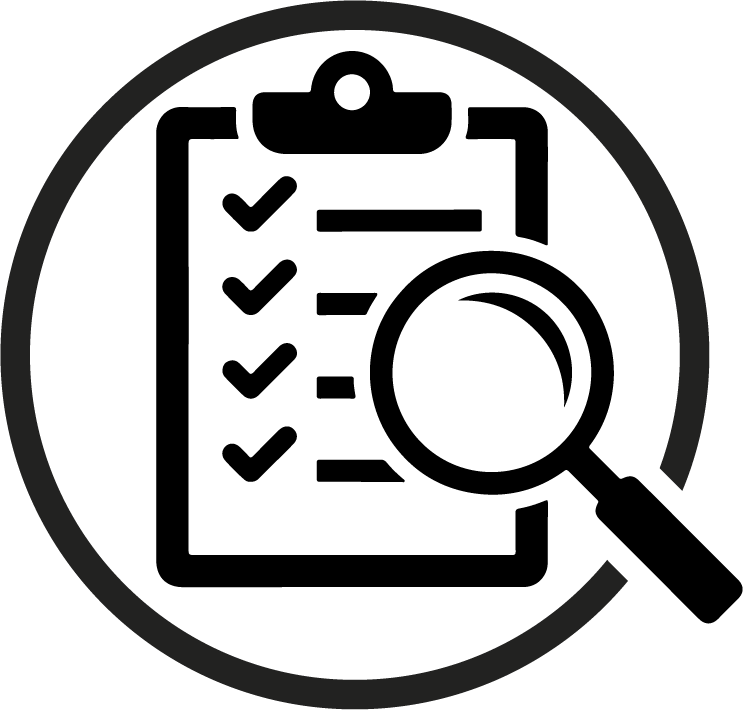
The course is comprised of four units; Unit 1 and Unit 2 are externally assessed (worth 58%) and Unit 3 and Unit 5 are internally assessed (worth 42%).
Unit 1: Written paper (1hr 30mins) on human physiology, anatomy and pathology.
Unit 2: Written paper (2hrs) on health issues and scientific reporting .
Unit 3: Internally-assessed laboratory reports of microbial techniques and investigations into antimicrobial agents.
Unit 5: Internally-assessed assignment on biomedical science techniques and their clinical application.
Course Entry Requirements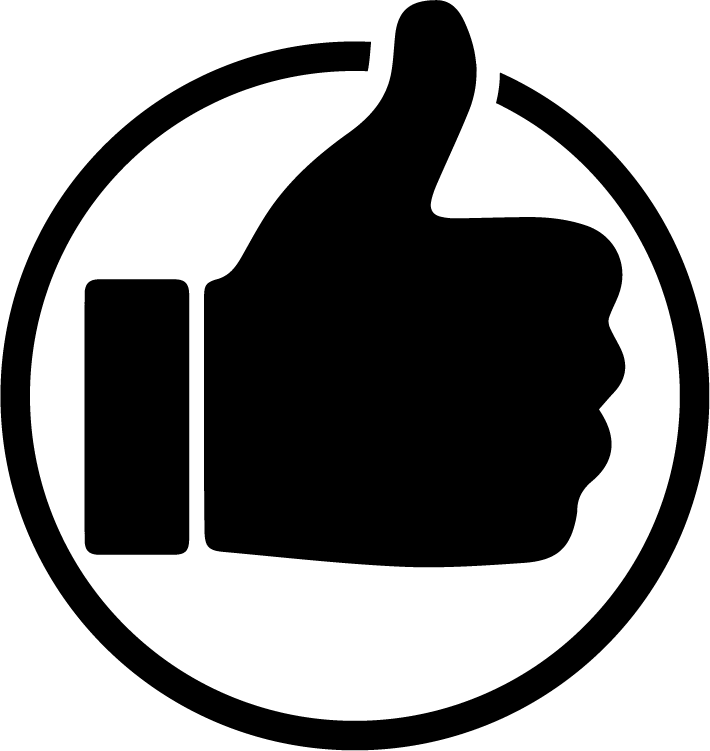
It is recommended that students achieve Grades 5-5 in GCSE Combined Science and in English, but good Grade 4s will be considered on an individual basis.
Employability Skills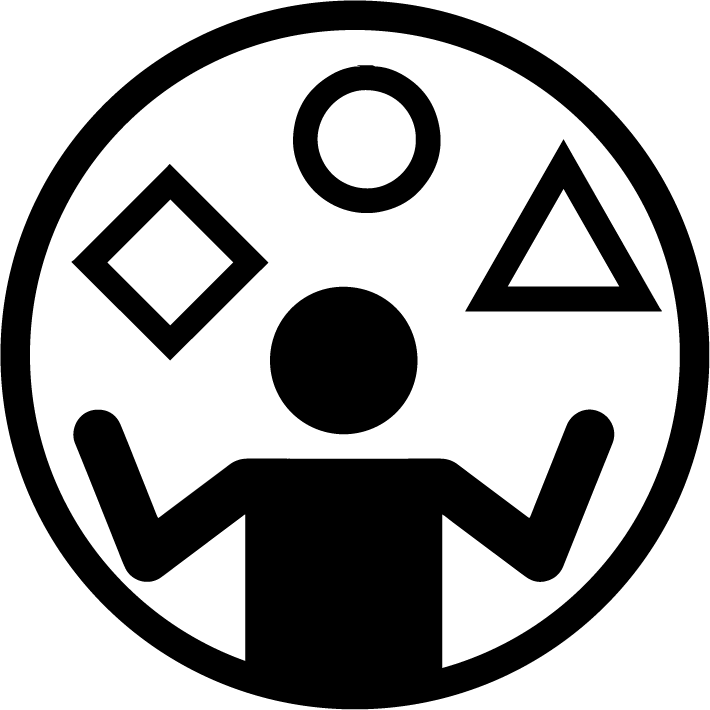
Employability Skills are essential skills, personal qualities and values that will enable you to thrive in any workplace. Along with good technical understanding and subject knowledge, employers often outline a set of skills that they want from an employee.
This course will help you to develop the following employability skills:
- Attention to detail
- Clear and logical thinking and problem-solving
- Originality
- Methodical approach
- Self-appraisal techniques
- Time management
- Working independently as well as collaborating in teams
Next Steps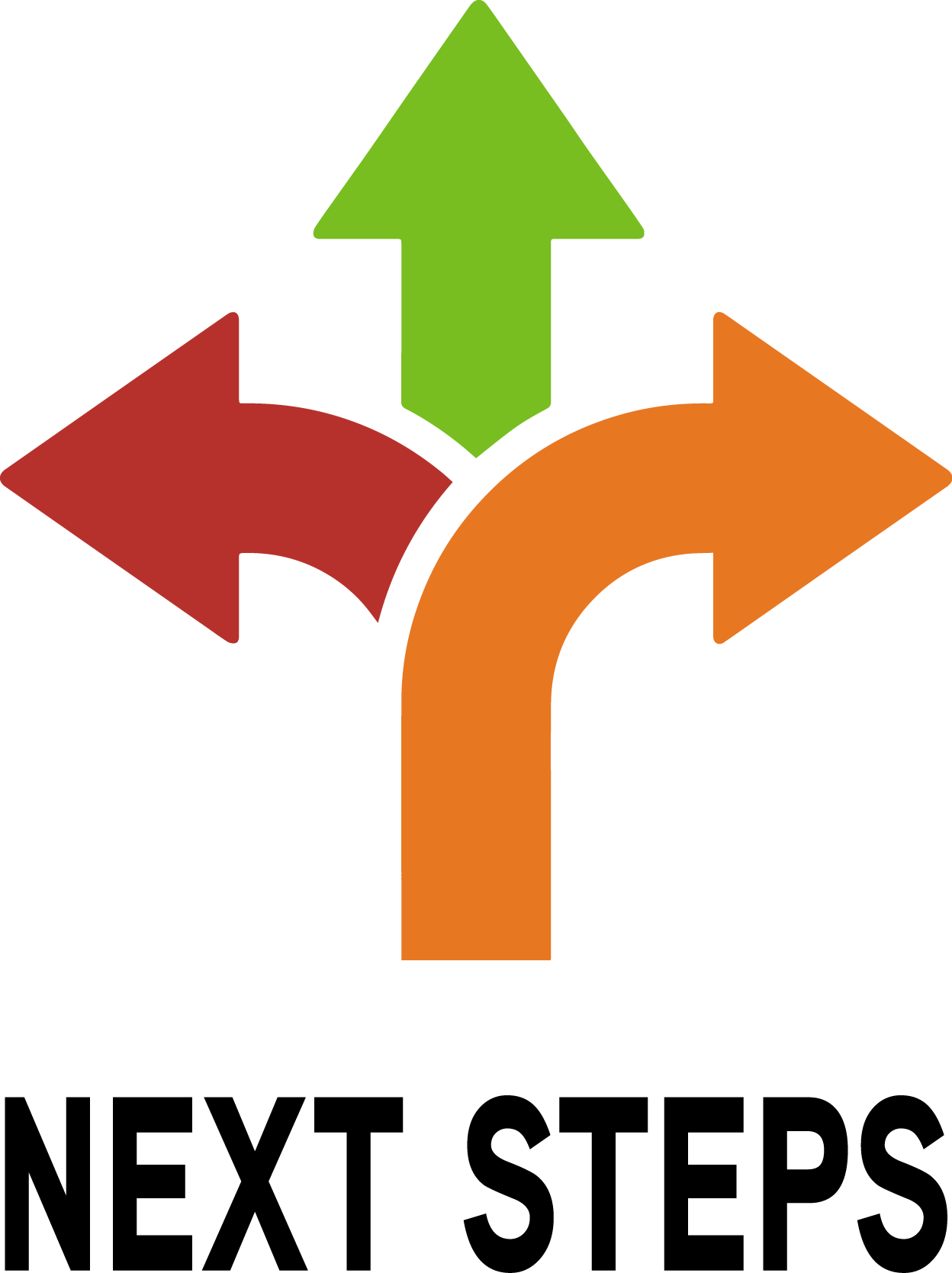
This course will allow you to go on to study health-based courses such as nursing, midwifery, occupational health, sports science and physiotherapy.
Medical Science is a key subject for lots of vocational careers, particularly in healthcare, forensic science and jobs requiring practical skills—the list is pretty long!
10 Possible Careers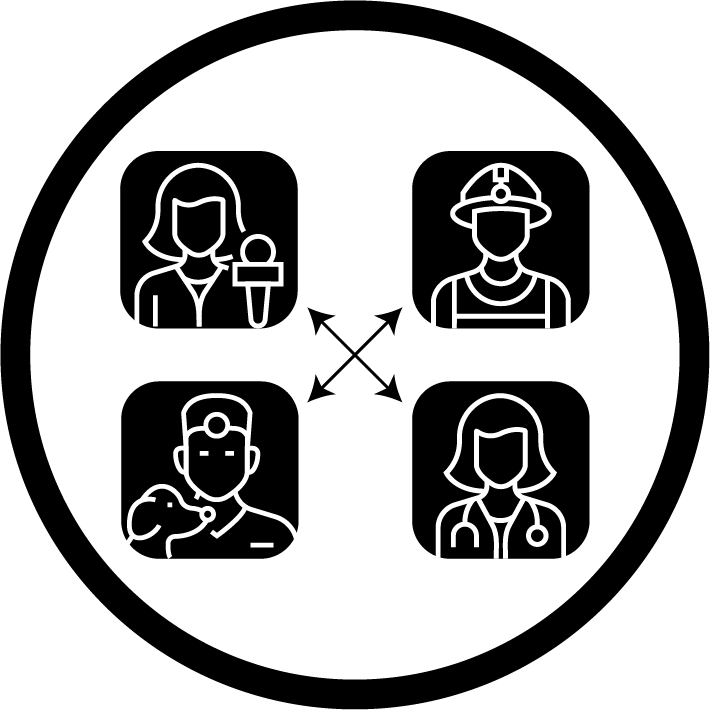
- Biomedical Scientist
- Healthcare Scientist
- Laboratory Technician
- Midwifery
- Nursing
- Nutritionist
- Occupational Therapist
- Paramedic
- Physiotherapist
- Sports Scientist
Student Profile: Freya
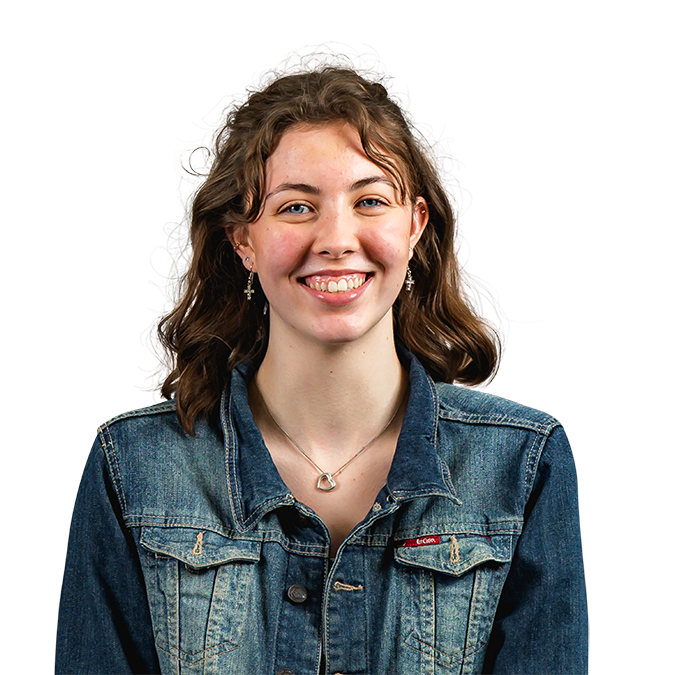 Freya's subjects
Freya's subjects
BTEC Applied Human Biology
A Level History
A Level Spanish
Extended Project Qualification (EPQ)
I want to study Paramedic Science at university, so I can become a Paramedic. The EPQ has helped with my other subjects and will help me get into university. I have had so many opportunities offered to me; I am really looking forward to the trip to Salamanca, which will help me with my Spanish..








